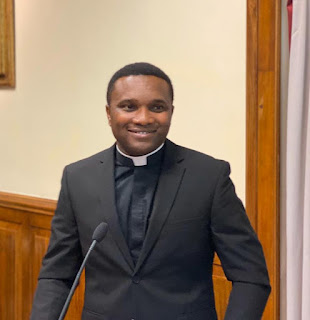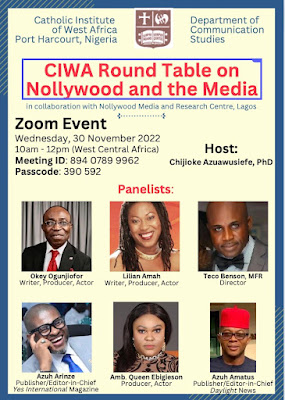Yesterday, a friend asked for my views on the new movie in Yoruba language, Jagunjagun, and I did not hesitate to state that it was loud on costume and artistic expressions, most especially alliteration, and low in historical value.
I am a historian and movies purpotedly Yoruba movies, are of interest to me. I look for how they mirror reality or exaggerate it. I look for life lessons and values they espoused, etc.
In relation to Jagunjagun, here is the summary of what I shared with my friend.
Off the cuff, there were two instances in Yoruba history when bands of terrorists constituted themselves into menace, terrorizing societies in ways reminiscent of what was depicted in Jagunjagun. Both related to the 19th Century Yoruba wars.
The first was led by Toyeje of Ogbomoso who allied with Afonja, the Are Onakakanfo to destroy Old-Oyo. Toyeje and Afonja and their terrorist groups orchestrated the destruction of over 3000 Yoruba villages and towns, leading to refugee flows towards the dense forest areas on Yorubaland. The relics of these villages and towns are still standing today at the Old Oyo National Park.
The second was a band of rough boys that constituted themselves at Eba-Odan, now Ibadan. They knew no other job than stealing, pillaging, and terrorizing people.
In both, what could be effectively called terrorist groups band themselves together for their parochial interests. Toyeje's group was a terrorist group and the alliance between Afonja and them resulted in the destruction of Old-Oyo and the ultimate Fulani take-over of Ilorin.
The Ibadan ruffians later became warriors and stopped Fulani advance at Ikirun, thereby saving the remaining part of Yorubaland from Fulani take-over.
None of the two instances in Yoruba history compare in reckless and senseless killings with what we see on display in Jagunjagun.


























